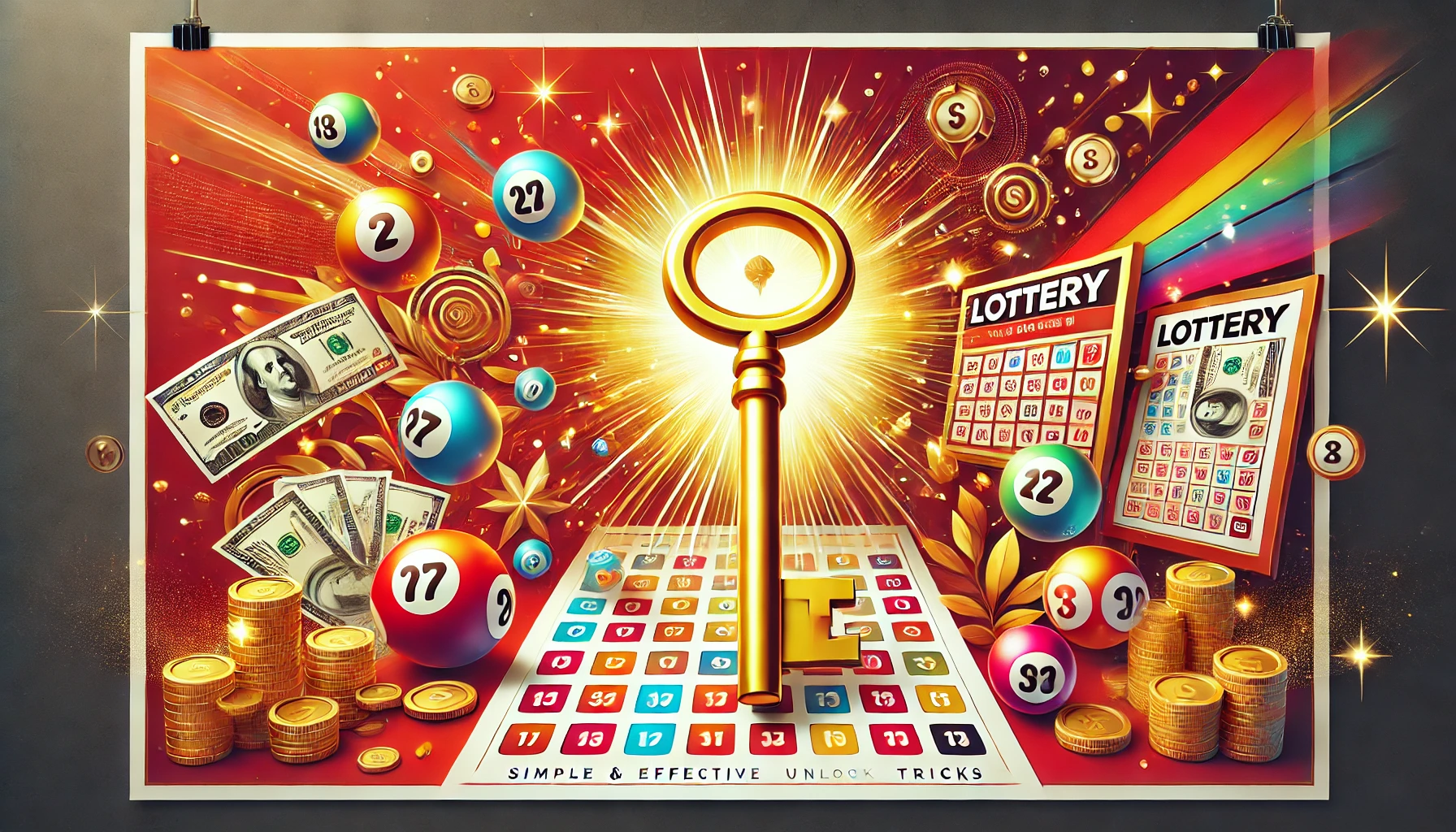
We’re excited to share our knowledge with you. Our strategies are designed to help you win the lottery. We’ve spent years in the gaming world, learning how to win.
Our guide gives you the tools and knowledge you need to succeed. We’re here to help you every step of the way. It’s perfect for both seasoned players and newcomers, offering insights into winning and managing your money.
Winning the lottery takes more than luck. It needs the right strategies, mindset, and financial planning. We’ll share our expertise with you. This will help you achieve your dreams and secure your financial future through smart lottery playing and financial management.
Key Takeaways
- Develop a unique approach to winning the lottery, focusing on winning strategies and financial management.
- Understand the importance of financial management in achieving lottery success.
- Learn how to avoid common mistakes and achieve long-term financial stability.
- Discover the benefits of a diversified investment portfolio in securing your financial future.
- Stay committed to your goals and maintain a positive mindset to increase your chances of lottery success.
- Focus on effective financial planning to ensure your lottery winnings are managed wisely.
- Explore the various aspects of lottery playing, including odds, statistics, and responsible gaming practices.
Understanding the Lottery Landscape
We’re excited to explore the world of lottery games. We’ll look at different types and their unique features. Millions play the lottery daily, so knowing the odds is key.
Lottery games vary from traditional draws to instant-win games. Each has its own rules and odds. This variety means there’s something for everyone.
Global stats show the jackpot odds for games like Powerball and Mega Millions are very low. But, knowing the odds can help players make better choices. Some games offer better chances for smaller wins, which can still change lives.
Understanding lottery odds and global stats is crucial. It helps players develop a winning strategy. Whether you’re new or experienced, knowing the lottery landscape is essential for success.
The Psychology Behind Lottery Success
Having the right lottery mindset is key to winning in the lottery. Our studies show that the psychology of playing the lottery is complex. Despite the low odds, many keep playing, hoping for big wins.
Some stats reveal the psychology of lottery players. About 70% think they’re ‘due’ for a win, showing the gambler’s fallacy. Also, 54% win smaller prizes, keeping them interested. These facts explain why so many play, despite the odds.
To win, you need to grasp the psychology of lottery play. It’s about dopamine for excitement and the social fun of playing. Knowing this helps players make better choices and aim for success.
Here are some tips for a winning lottery mindset:
- Set realistic goals and know the winning odds
- Control your emotions and avoid quick decisions
- Stay positive and hopeful about playing
By using these tips and understanding lottery psychology, players can boost their success chances. This way, they can enjoy their lottery experience more.
Smart Number Selection Strategies
We know picking the right numbers is key to winning the lottery. At DEWAKOIN, we aim to give our players top tools and strategies. One strategy is statistical analysis, which looks at data to find patterns in number selection.
Players can use statistical analysis methods to spot hot and cold numbers. Hot numbers are drawn often, while cold numbers are not. Knowing these patterns can boost a player’s winning chances.
Understanding Hot and Cold Numbers
Hot and cold numbers are vital in number selection. By looking at each number’s draw frequency, players can guess which ones are more likely to win. Some numbers are drawn more than others, while some go months without being drawn.
System Play Techniques
System play techniques use a mix of numbers to up winning chances. This includes using number wheels or lottery software to find patterns. These methods help players maximize their number selection and increase winning chances.
At DEWAKOIN, we’re dedicated to helping players win. By applying statistical analysis methods and understanding hot and cold numbers, players can make smarter choices. This can lead to more wins.
Managing Your Lottery Budget Effectively
Managing your lottery budget is key to a fun and sustainable gaming experience. At DEWAKOIN, we aim to provide a secure and enjoyable online gaming space. We want to help you get the most out of your lottery budget. Good financial management helps avoid common mistakes and maximizes your winnings.
To play responsibly, setting a budget and sticking to it is crucial. You can do this by setting aside a specific amount for lottery tickets and not spending more than that. It’s wise to have a separate budget for lottery to keep your finances stable.
Here are some tips to manage your lottery budget well:
- Set a budget and stick to it
- Allocate a specific amount for lottery tickets
- Avoid overspending and prioritize your expenses
By following these tips and playing responsibly, you can enjoy the lottery’s excitement. This way, you keep your finances healthy and your gaming experience rewarding. Remember, managing your lottery budget is vital for a fun and rewarding gaming journey.

Winning the Lottery: Your Guide to Turning Dreams into Reality
Winning the lottery is more than luck. It’s about having a solid strategy. At DEWAKOIN, we help players turn their dreams into reality. We aim to provide a safe, fun, and rewarding online gaming experience for everyone.
Building a strong playing strategy means considering group play and organization. Players can boost their chances of winning by working together. It also helps keep costs down. Plus, it’s important to follow legal steps to ensure fair winnings.
- Setting a budget and sticking to it
- Choosing the right games and playing regularly
- Managing winnings and losses effectively
- Staying organized and keeping accurate records
By following these tips, players can up their chances of winning. At DEWAKOIN, we’re all about giving our players the best gaming experience. We help them reach their goals.
We stress the need for a solid strategy, group play, and keeping records. Working together and documenting everything helps protect winnings. With the right plan and a bit of luck, anyone can win the lottery and make their dreams come true.
Common Mistakes to Avoid
Playing the lottery can be thrilling, but it’s key to avoid common mistakes. These can cost you money and lower your winning chances. At DEWAKOIN, we aim to enhance your gaming experience. We share insights on avoiding financial pitfalls, strategy errors, and emotional decisions.
Financial pitfalls can be a big problem in lottery playing. Many players spend too much, leading to financial stress. To avoid this, set a budget and stick to it. Only spend what you can afford on lottery tickets.
Strategy errors can also reduce your winning chances. Some players rely only on luck, not strategy. At DEWAKOIN, we suggest using statistical analysis and other methods to boost your success.
By knowing these common mistakes and avoiding them, you can better your gaming experience. Stay disciplined, focused, and motivated. Always keep your financial goals in mind. With the right strategy and luck, you can succeed at DEWAKOIN.
What Winners Do Differently
We’ve looked into the success stories and strategies of winners. We’re excited to share what we found. Winners have a special mindset. They focus on perseverance, hard work, and dedication.
They stay motivated and focused on their goals. They’re not afraid to take calculated risks. This approach helps them succeed.
Winners often have clarity of purpose, discipline, and resilience. They stay positive and motivated, even when things get tough. They’re always looking for ways to get better.
By studying winners, we can learn a lot. We can see what it takes to achieve success. Here are some key takeaways from our research:
- Winners are consistent in their approach, sticking to their strategies even when faced with obstacles.
- They are adaptable, able to adjust their strategies as needed to stay ahead of the game.
- They are passionate about the game, and they are driven by a desire to succeed.
By adopting these traits, we can increase our chances of success. We can learn from winners and develop our own winning mindset. This way, we can become winners ourselves.
Protecting Your Potential Winnings
Winning the lottery can change your life. It’s key to protect your winnings for a secure future. At DEWAKOIN, we help our players manage their winnings well.
When you win, think about protecting winnings, legal considerations, and financial planning. Knowing the tax on your winnings is important. For example, the federal tax on lottery payouts over $5,000 is 24%. The total tax, including state, can reach up to 50%.
- Understand the tax implications of your winnings
- Plan your finances effectively to minimize taxes and maximize your winnings
- Consider seeking professional advice from a financial advisor or tax expert
By protecting your winnings, you can secure your financial future. Enjoy your prize without worrying about legal considerations or financial planning. DEWAKOIN aims to give you the best gaming experience and help you reach your financial goals.

Conclusion: Your Path to Responsible Lottery Success
We end our guide by urging you to take a responsible path to lottery success. The excitement of winning should always be balanced with smart money management and knowing the risks.
Winning a big lottery prize might seem tempting, but it’s important to stay grounded. The chances of winning a huge jackpot, like Powerball’s 1 in 292 million, are very low. Yet, by choosing numbers wisely, playing smart, and managing your money well, you can boost your winning chances.
Playing the lottery responsibly means setting aside a part of your extra money and never spending more than you can lose. Get help from financial advisors to handle sudden wealth, cut down on taxes, and plan for the future.
Your journey to lottery success should be marked by caution, patience, and a good grasp of the lottery world. By following these steps, you can enjoy the lottery more while securing a better financial future. We hope you do well on your responsible lottery path.
FAQ
What are the different types of lottery games?
There are many lottery games, each with its own rules and winning chances. Millions play every day. The odds of winning change with each game.
How do I develop a winning mindset for the lottery?
Winning the lottery is more than luck. It’s about having the right mindset. Positive thinking and overcoming obstacles can keep you motivated and focused on your dreams.
What are the smart number selection strategies for the lottery?
Choosing the right numbers is key to winning. Using statistical analysis and identifying hot and cold numbers can guide your choices. System play techniques also help.
How do I manage my lottery budget effectively?
Managing your lottery budget is crucial for playing responsibly. Setting limits and prioritizing spending are important. Avoiding financial pitfalls helps maintain healthy gaming habits.
What are the common mistakes to avoid when playing the lottery?
To increase your chances, avoid financial and strategy mistakes. Stay disciplined and focused. Overcoming obstacles and staying motivated are key.
What do lottery winners do differently?
Winners often have a winning mindset and strategy. Their perseverance and hard work are key. These habits can help you achieve your lottery dreams.
How do I protect my lottery winnings?
Keeping your winnings safe is essential for long-term security. Understanding legal and financial aspects is important. Privacy protection strategies help you enjoy your prize without worry.








